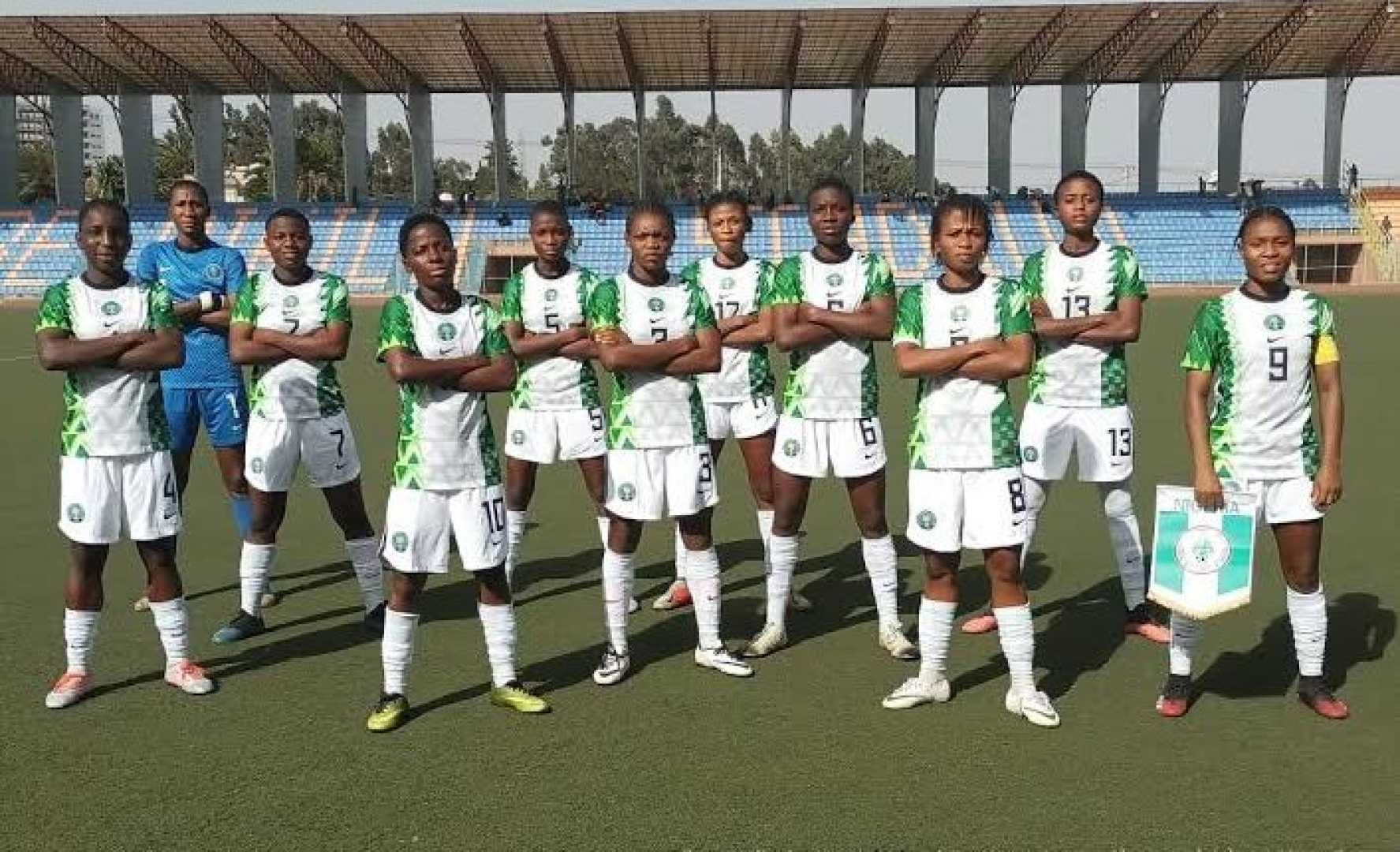Sports
African Teams Poised for 2024 U-17 Women’s World Cup

The upcoming 2024 U-17 Women's World Cup is set to become a prominent platform for African women’s football, as national teams from Nigeria, Zambia, and Kenya prepare to compete on the global stage. The tournament, scheduled to be held in the Dominican Republic from October 16 to November 3, 2024, promises to highlight the advancements and ambitions of women’s football across the continent. Enthusiasts anticipate that the event will not only be a test of skills but also a celebration of football’s growing footprint in Africa.
This edition of the Women’s U-17 World Cup involves a comprehensive qualification journey undertaken by the teams, each striving to showcase their talent and sportsmanship. The African representatives include Nigeria, known for their historical football prowess; Zambia, which has seen rapid improvements in women’s participation; and Kenya, aiming to carve out a new legacy in youth football.
Nigeria, which has consistently been a strong competitor in female football, is expected to leverage their experience and strategic gameplay. Preparations have been underway, with the Nigerian team focusing on refining their technical skills and cohesive team strategies, crucial for navigating the challenges posed by their international counterparts.
Zambia’s entry into the tournament is eagerly anticipated, with several players already identified as key figures to watch. The team’s commitment to developing youth talent and enhancing training facilities has been hailed as a model for other nations aiming to enhance their competency in women’s football.
Kenya, competing in Group C, is set to face opponents in a schedule that will test their tactical acumen and resilience. The team’s coach has highlighted their preparedness and enthusiasm, introducing fresh tactics designed to capitalize on their strengths and exploit opposing vulnerabilities.
Coaches across these teams have adopted diverse tactics built around their players’ capabilities and the unique challenges offered by participating in a global event. As strategic thinkers behind the scenes, the coaches’ roles in guiding their teams through rigorous training programs and match preparations cannot be overstated.
The historical context of the tournament serves as both an inspiration and a motivator for these young athletes. With previous tournaments unveiling emerging football nations and propelling young talents into the international spotlight, the potential impact on careers and national pride is immense.












